
As fans eagerly await the return of Hazbin Hotel, many are turning to Helluva Boss for entertainment during the show’s hiatus. However, a recent episode has sparked confusion regarding the hierarchy in Vivienne Medrano’s captivating vision of Hell. The highly anticipated Hazbin Hotel premiered on Prime Video in early 2024. This adult animated musical series centers on Lucifer’s daughter, who is on a mission to rehabilitate sinners seeking redemption and entrance to Heaven. Inspired by Medrano’s other animated creation set in the underworld, Helluva Boss is available on the VivziePop YouTube channel. This series focuses on a team of assassins known as the Immediate Murder Professionals (I.M.P.), who carry out hits in the living realm.
Both animations are renowned for their vibrant visuals, uproarious cast of distinct characters, memorable musical performances, and the underlying themes of acceptance and redemption. With a significant wait ahead for Hazbin Hotel Season 2, fans might find Helluva Boss to be a delightful alternative. Yet, while fans typically accept that both series share the same universe, contradictions arise as characters intermingle in disparate social circles. With Lucifer being the father of the main character in Hazbin Hotel, any inconsistencies in world-building can lead to confusion.
The New Helluva Boss Episode Introduced Satan as the Ruler of Hell
Satan’s First On-Screen Appearance in Helluva Boss Season 2, Episode 11
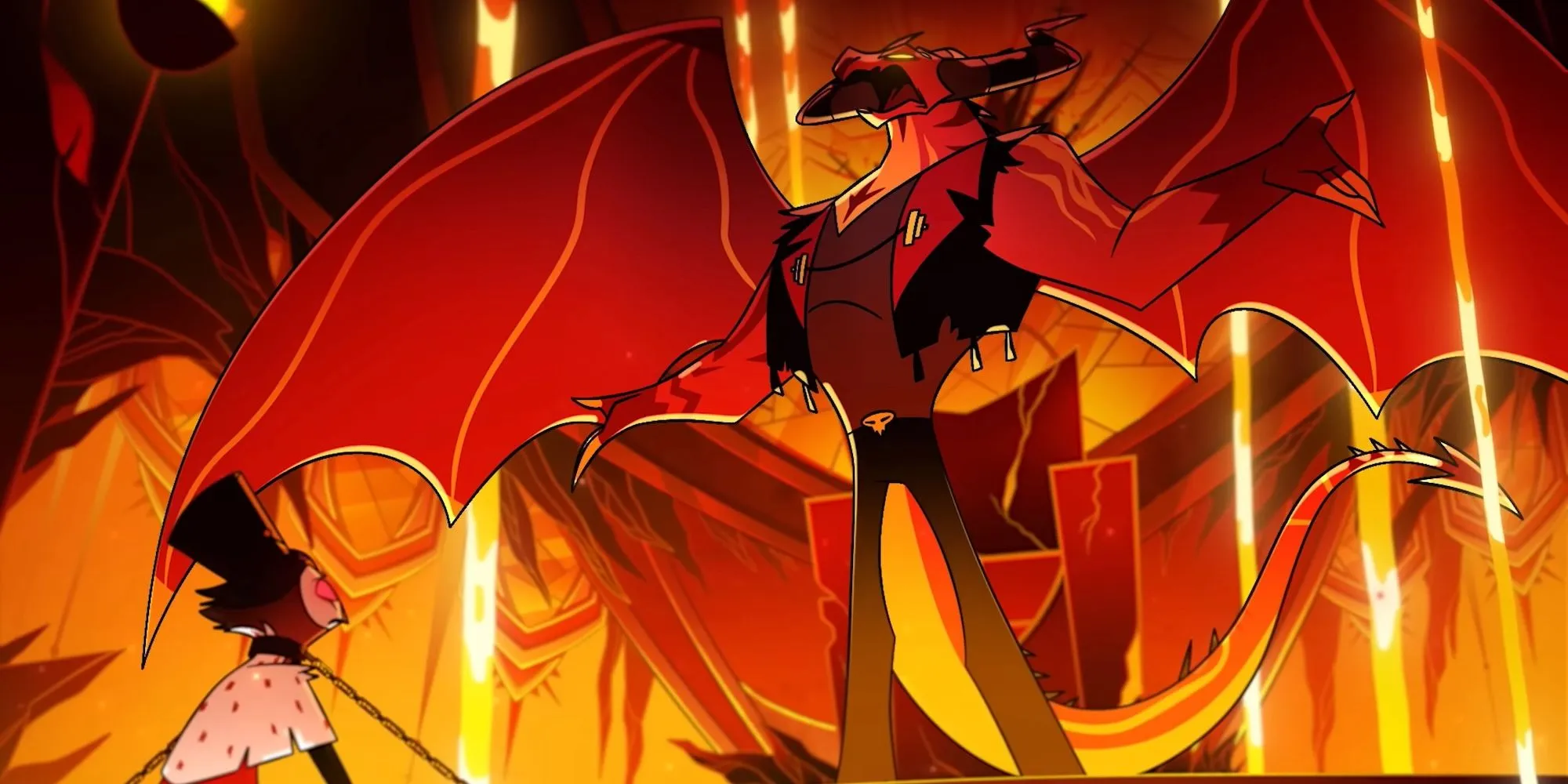
The plot takes a grim turn in Season 2, Episode 11, titled “Mastermind.”The I.M.P. team faces legal reckoning as they find themselves on trial for illegally traveling to the mortal realm. The jury, which includes Satan (voiced by Patrick Page) and representations of the Seven Deadly Sins, quickly sentences them to death. In a surprising twist, Blitzø (Brandon Rogers) asserts that his teammates were merely following his orders to escape punishment. However, his former partner, Prince Stolas (Bryce Pinkham), intervenes, claiming the entire situation was part of his grand scheme.
Patrick Page, known for originating the role of Hades in the Broadway show Hadestown, brings to life Satan’s character for the first time on screen in Helluva Boss, despite frequent references to him throughout the series. This episode subtly asserts Satan’s authority over Hell as he presides over the hasty trial. His assertion in a musical number — “I am the mastermind, and here, I am the law! I’ve ruled the endless dark, since long before the Golden Angel’s fall!”— further establishes his command. However, this fleeting confirmation hints at contradictions within the wider narrative of the Hellaverse.
Lucifer and Satan: The Sin of Pride and the Sin of Wrath in the Hellaverse
VivziePop’s Innovative Interpretations of the Seven Deadly Sins
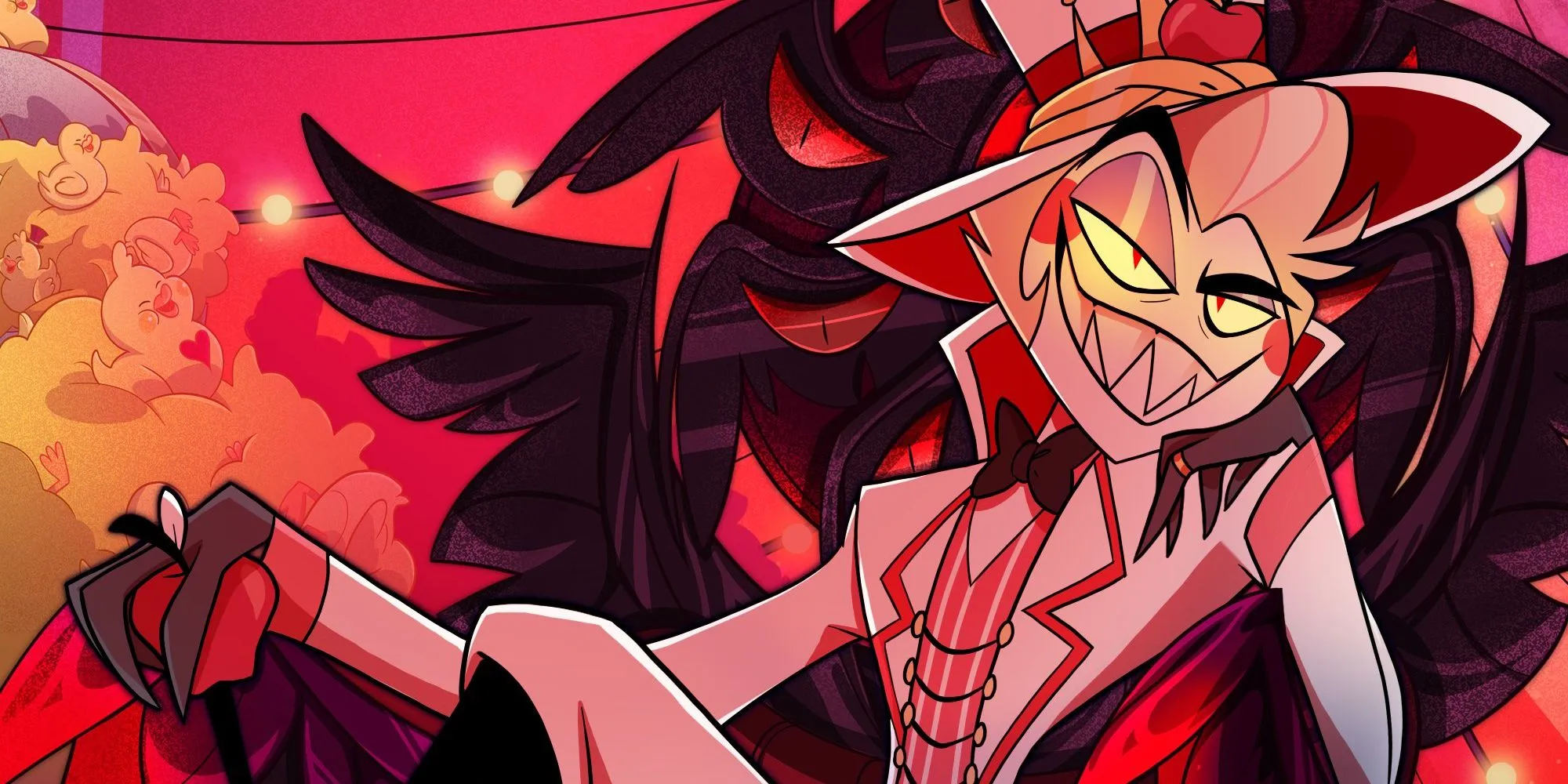

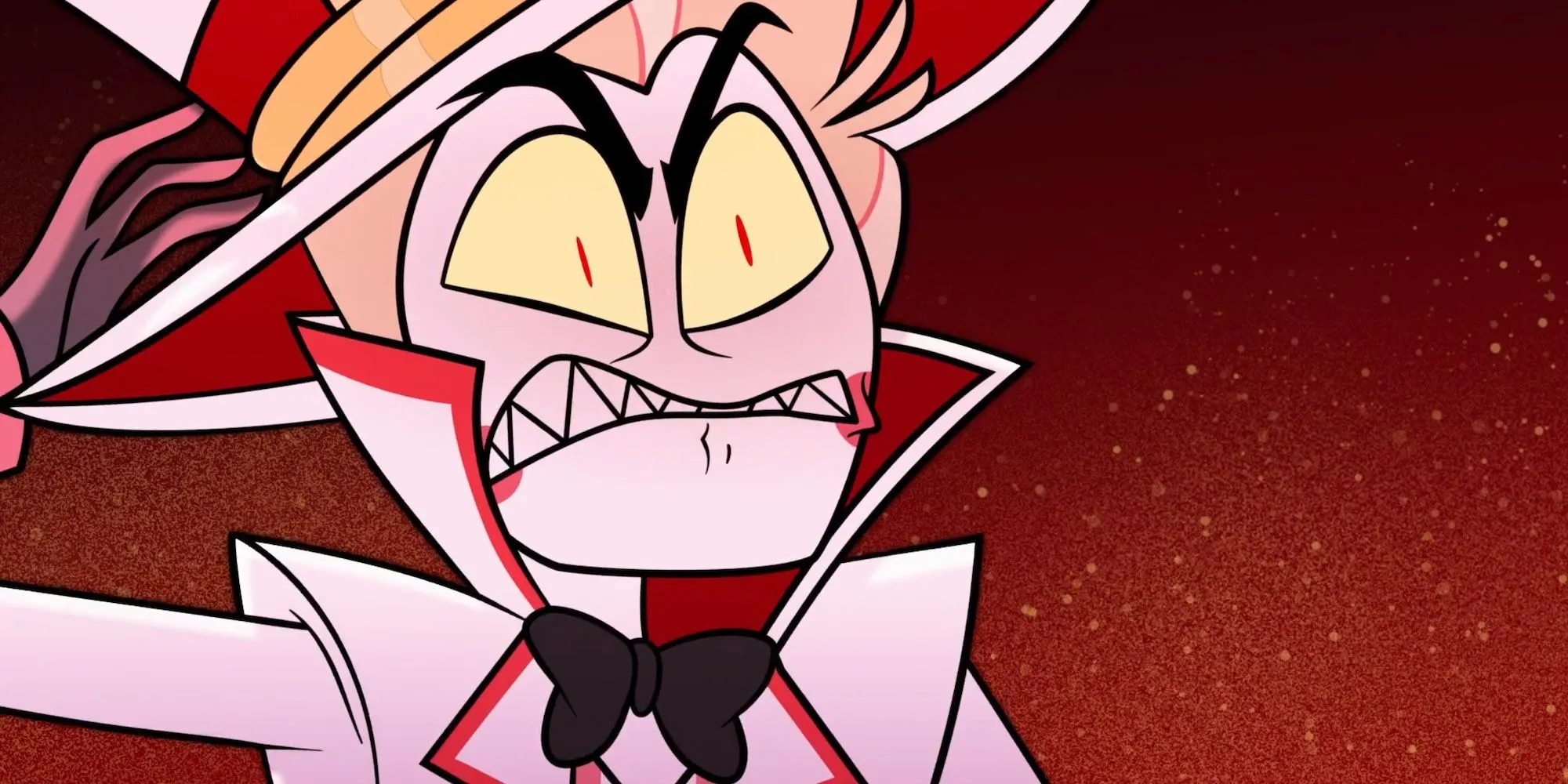

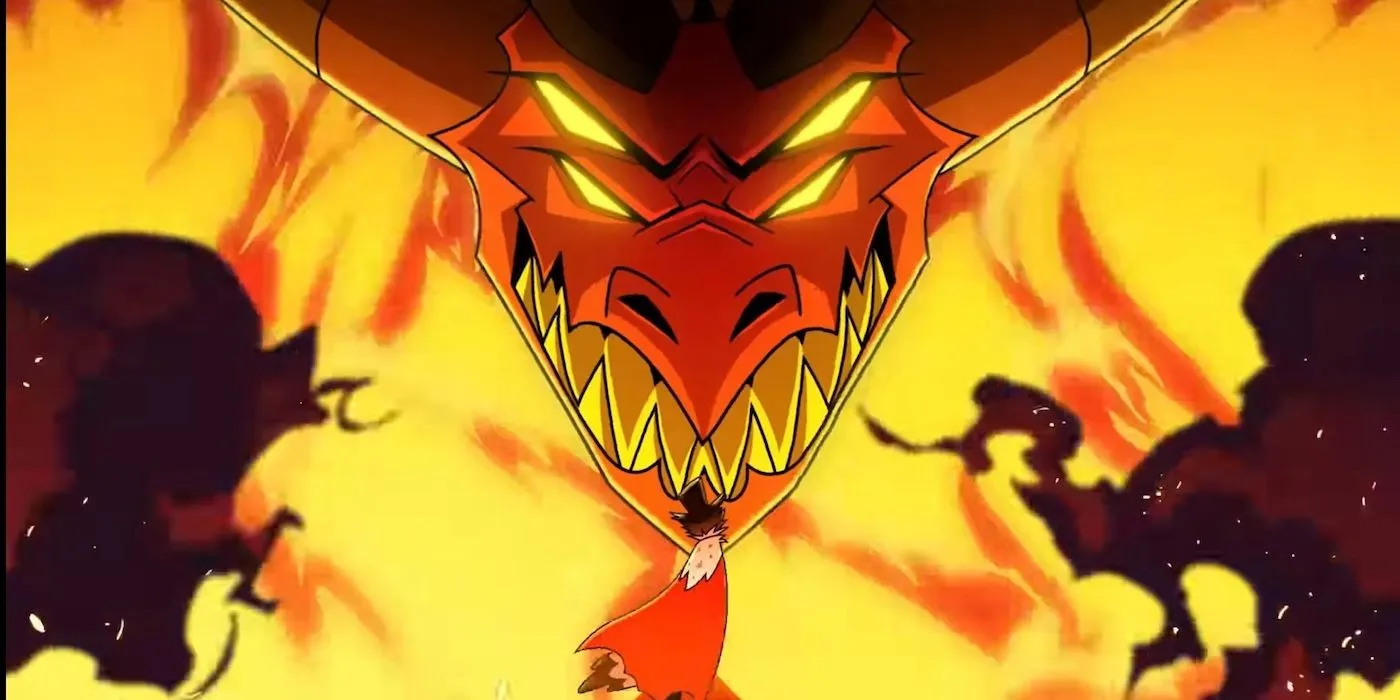
While many associate Lucifer and Satan as one and the same in popular lore, Helluva Boss and Hazbin Hotel redefine these figures as distinct characters. In Hazbin Hotel, Lucifer, voiced by Jeremy Jordan, embodies the Sin of Pride, while Satan represents the Sin of Wrath. The layered world-building showcases a power structure where overlords oversee the souls of sinners who have made deals with them. In contrast, Helluva Boss portrays a loose hierarchy of royal demons, led by Satan/Lucifer, creating an intriguing divergence between the two series.
Both series feature prominent characters embodying the Seven Deadly Sins, with figures like Asmodeus (Ozzie) representing Lust and Beelzebub (Queen Bee) as Gluttony. The show’s depiction of these characters reflects VivziePop’s creative engagement with various religious texts, adding richness to the narrative landscape of the Hellaverse.
Lucifer as the Unquestioned Ruler in Hazbin Hotel
Lucifer’s Authority in Hazbin Hotel
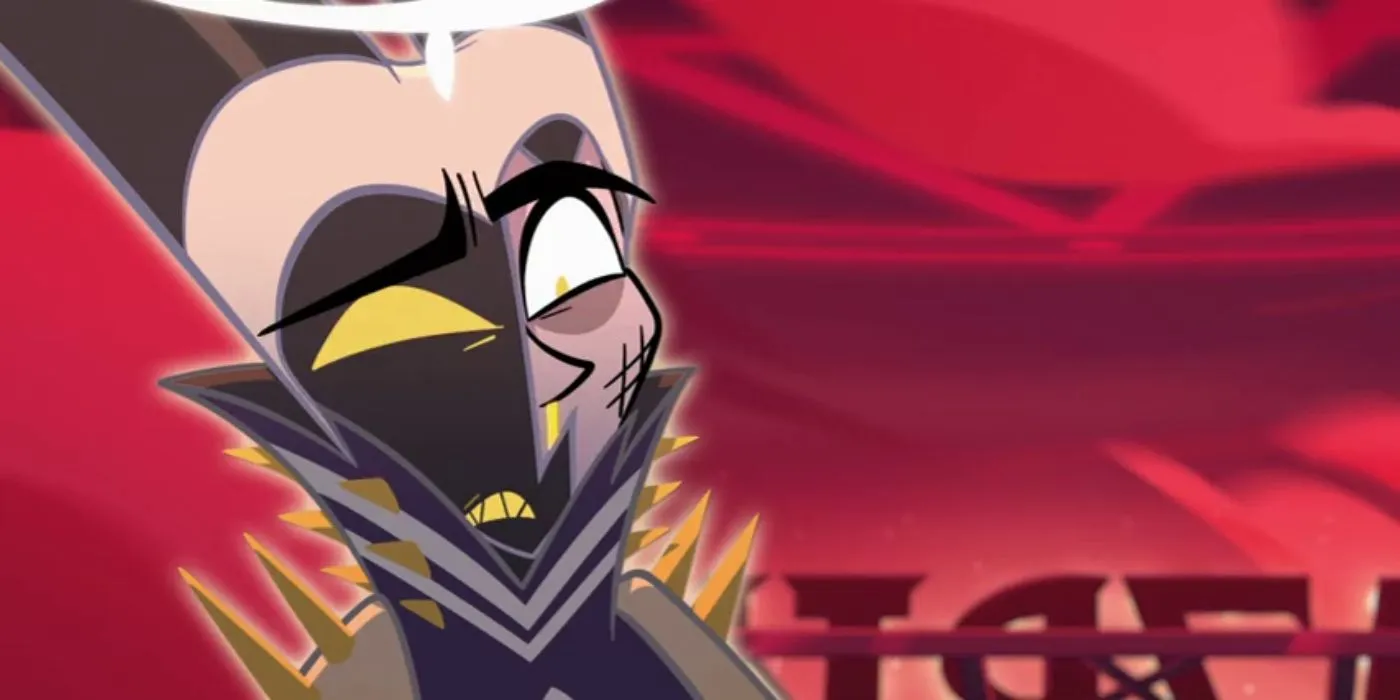
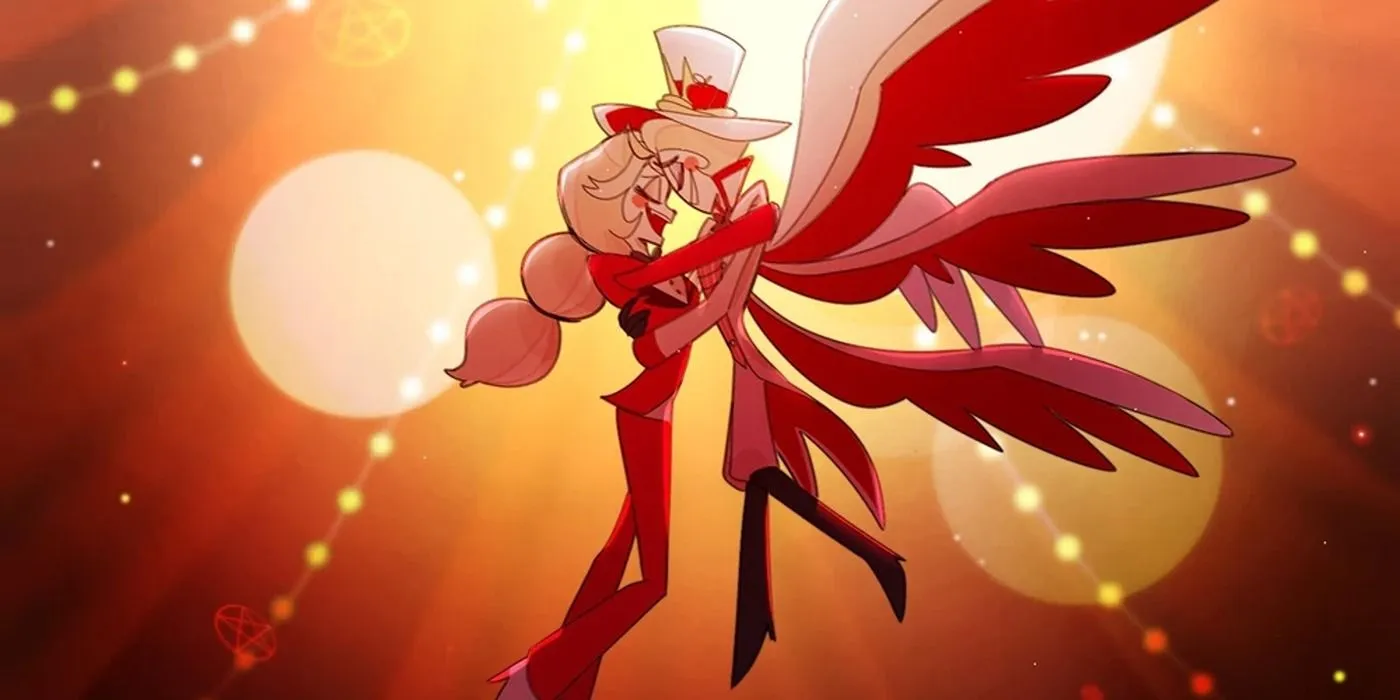
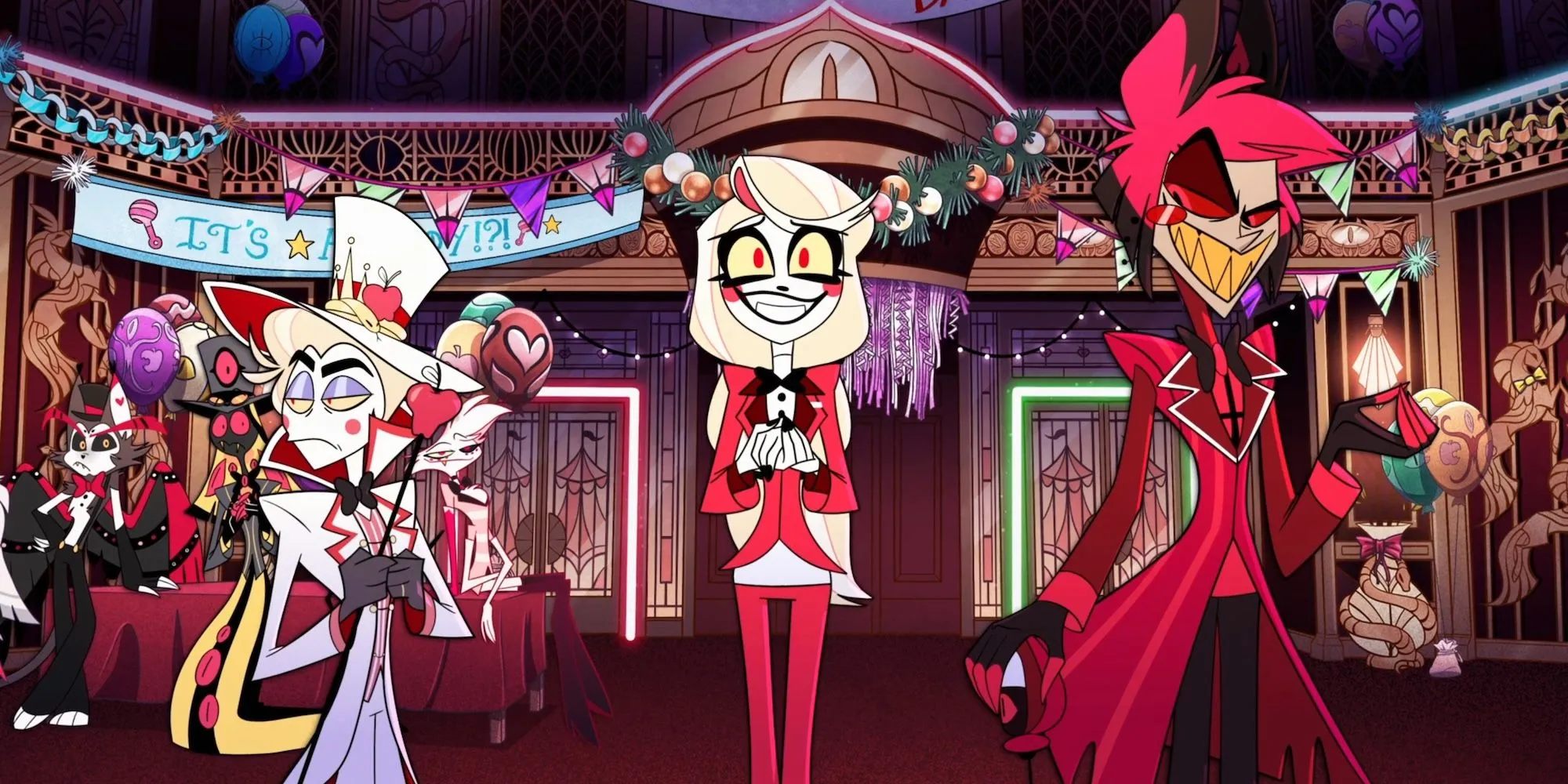

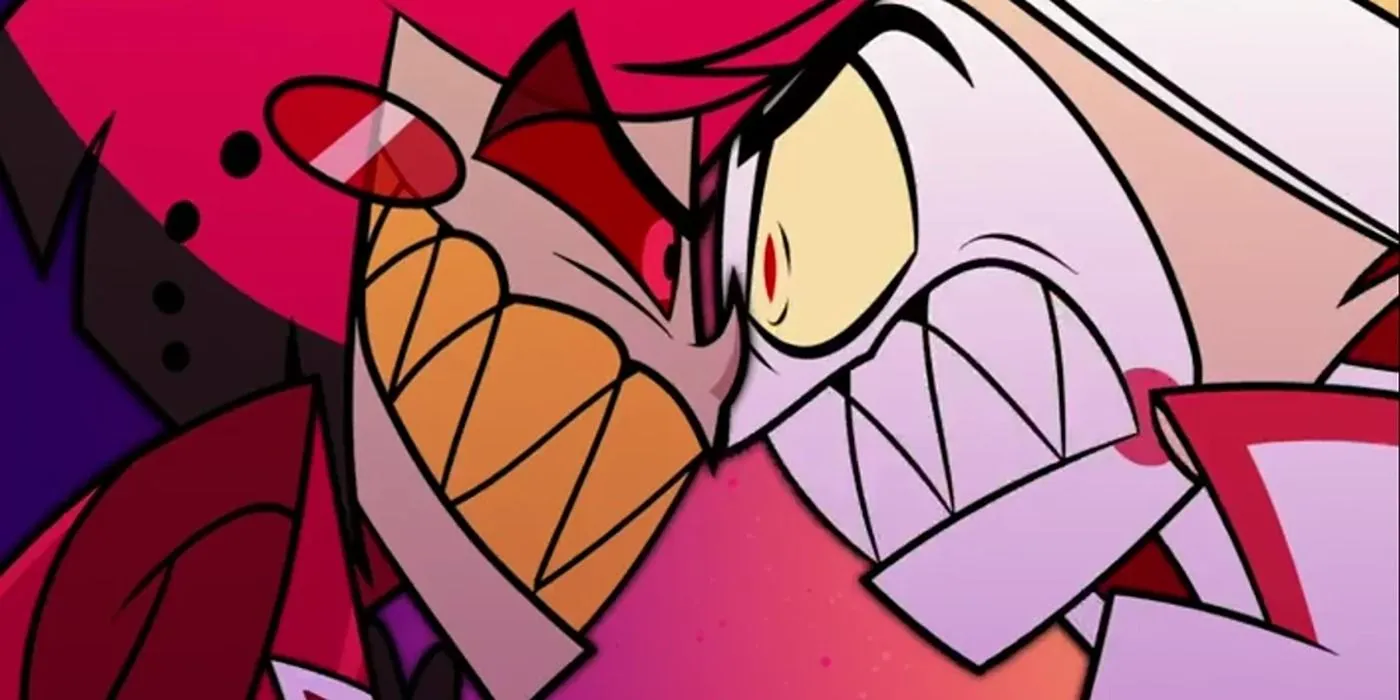
In contrast, the episode “Mastermind”from Helluva Boss raises questions about the authority of Satan. In Hazbin Hotel, Lucifer is consistently identified as the clear ruler of Hell, a role referenced throughout the series. Characters acknowledge Charlie (Erika Henningsen) as the princess and heir to the throne, emphasizing Lucifer’s significant role in the narrative. Notably, Hazbin Hotel focuses more intently on the power dynamics among the highest ranks of Hell compared to Helluva Boss, which explores the operational struggles of the lower classes within Hell.
Despite Satan’s grim oversight during Blitzø’s trial, Lucifer’s absence raises unresolved questions regarding the lore of the Hellaverse. The fandom speculates that Satan may be acting as a stand-in for Lucifer, who has receded from a leadership role post-marriage. Yet, the lyrical declaration of Satan claiming authority further complicates the established order.
Exploring the Continuity Between Hazbin Hotel and Helluva Boss
The Limited Overlap Between the Two Series
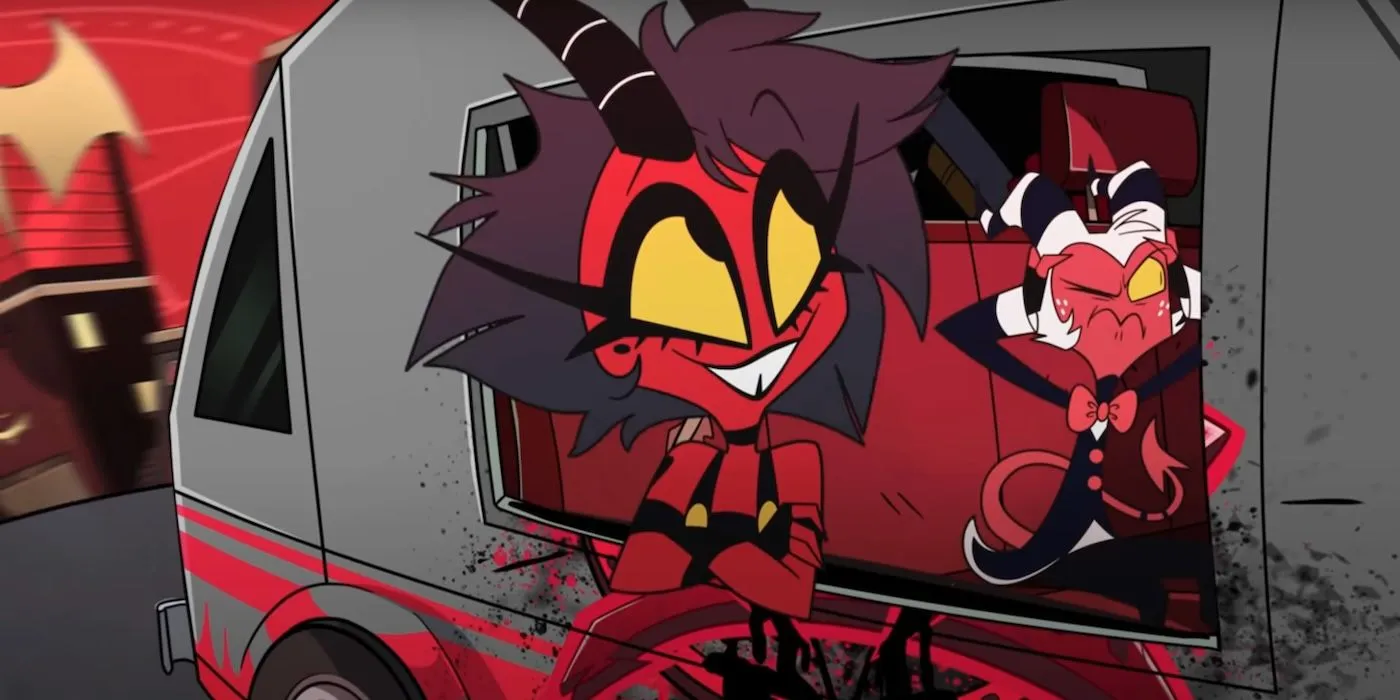
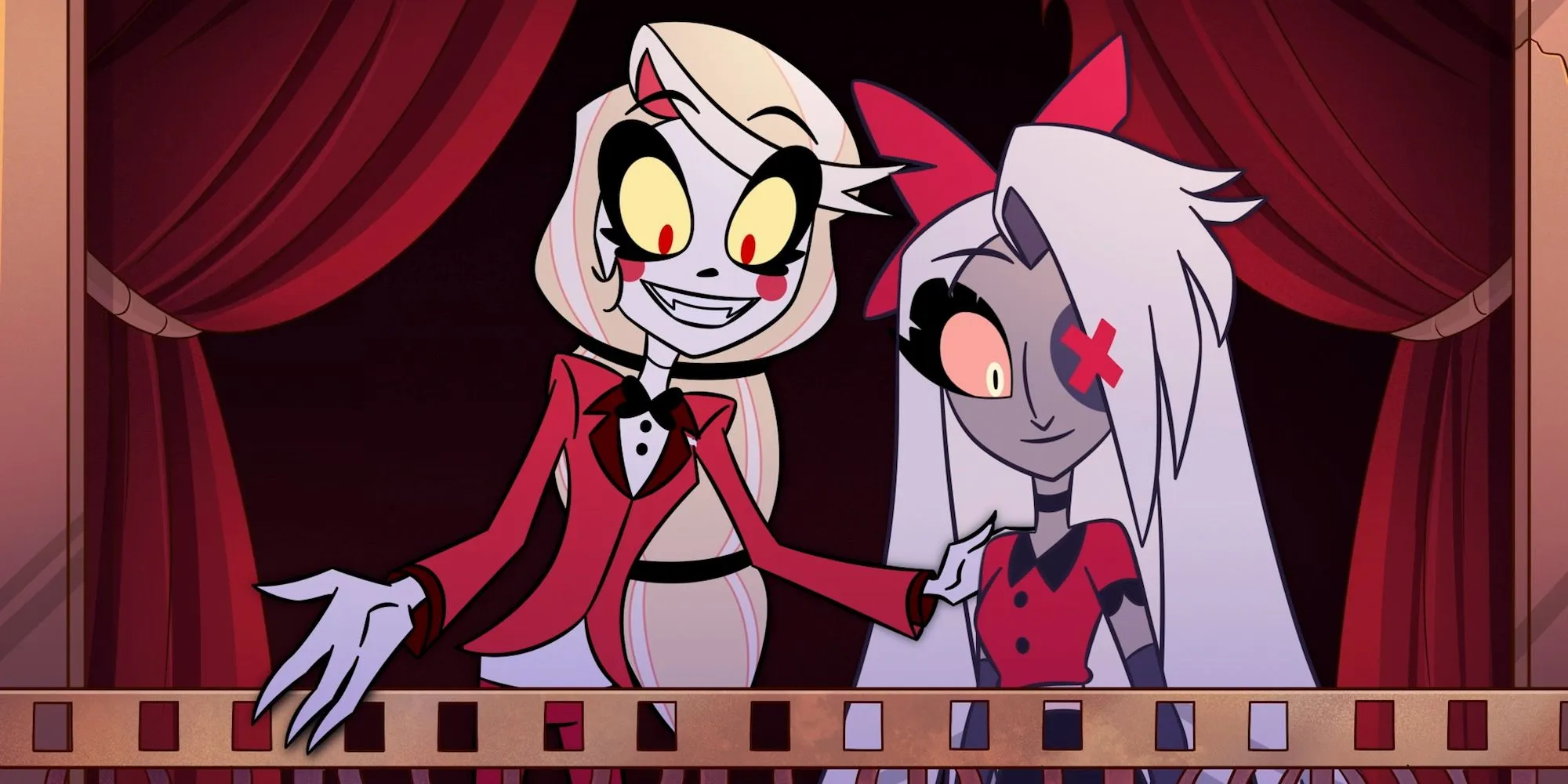
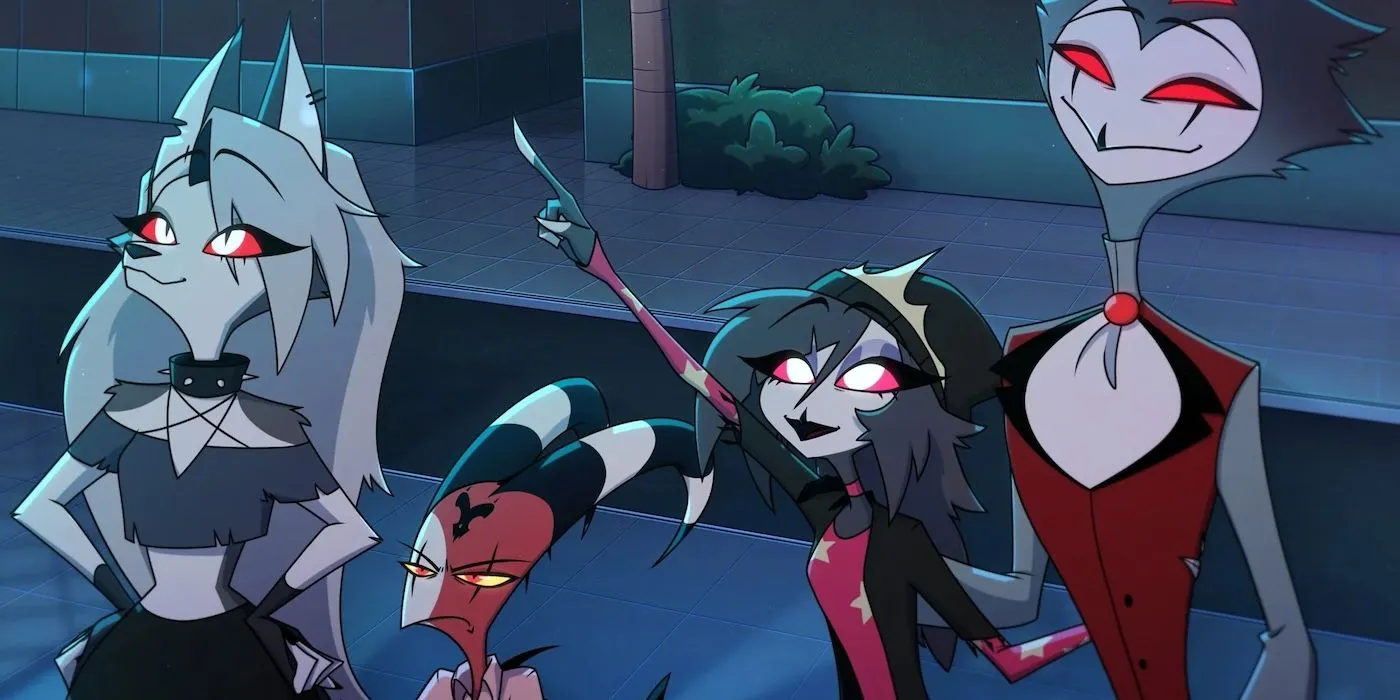
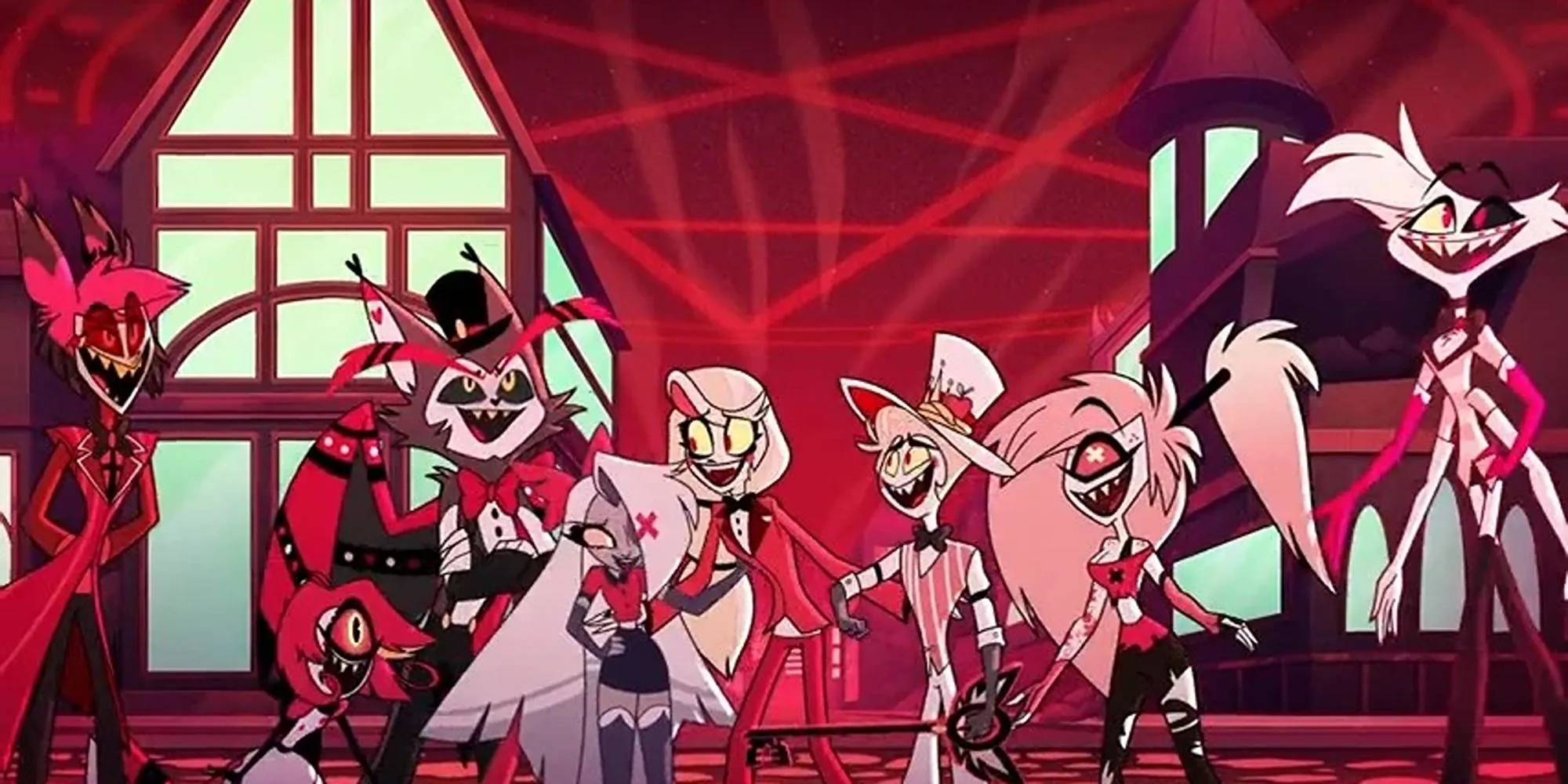
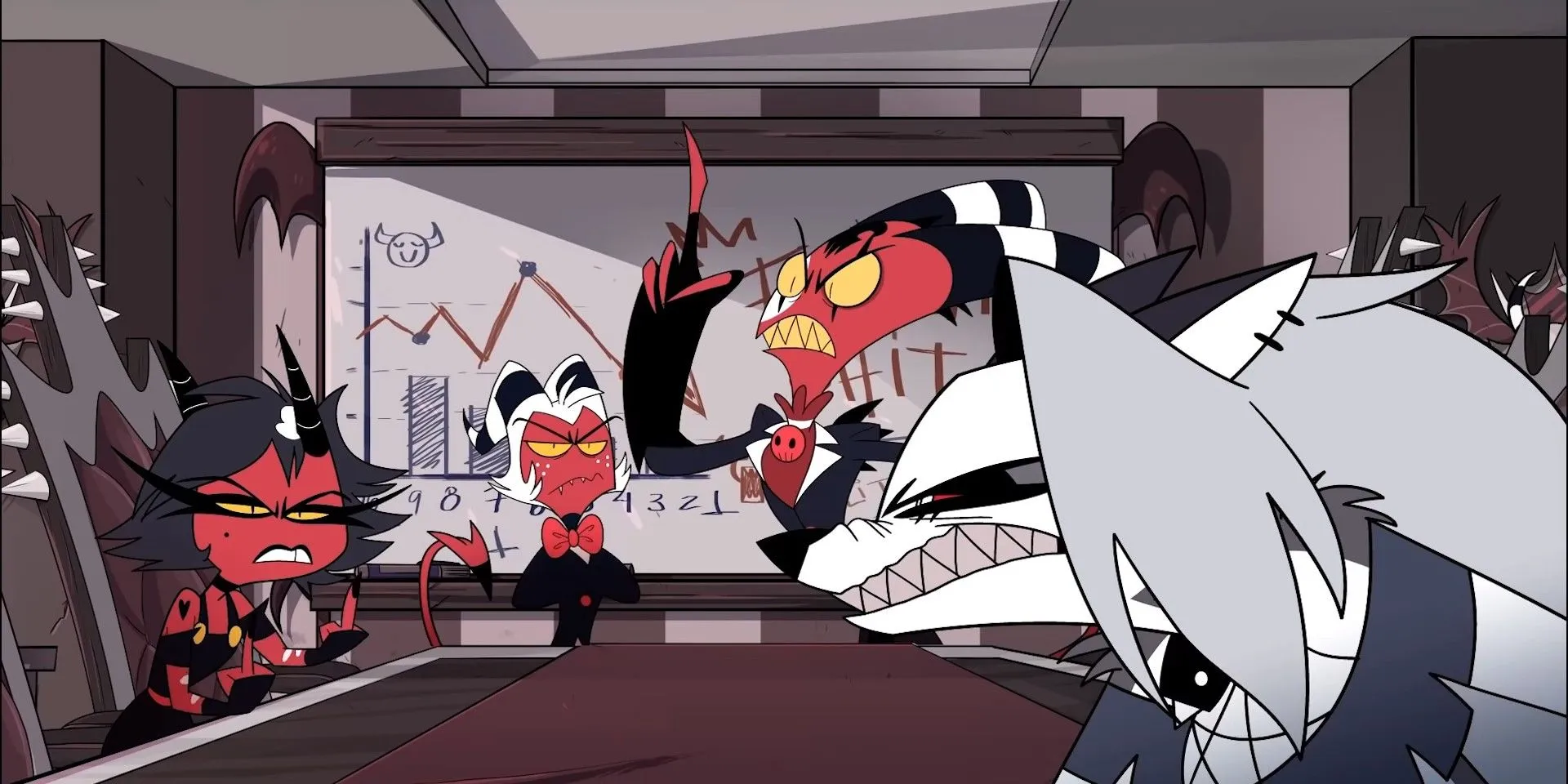
Vivienne Medrano has expressed a desire for a crossover between Hazbin Hotel and Helluva Boss, evidenced through numerous Easter eggs and references serving as minor crossovers throughout both shows. Furthermore, character designs are occasionally interchanged between the series, highlighting their interconnected existence. Blitzø and Moxxie (Richard Steven Horvitz) initially appeared in Hazbin Hotel before developing into their characters in Helluva Boss.
Nonetheless, when examining their principal narratives, it becomes clear that Hazbin Hotel and Helluva Boss are primarily focused on their unique stories. The former tackles the discord between Hell and Heaven as Charlie advocates for her hotel residents’ redemption, while the latter sheds light on the class disparities in Hell through a comedic lens. The distinction between Charlie and Blitzø’s worlds might indicate a larger backdrop where their paths are unlikely to cross.
Though the conflicting notions of Lucifer and Satan create intrigue, both series are anticipated to continue evolving. As they progress, the narrative could either clarify their connections further or introduce additional complexities.
Source: YouTube, Reddit, The Direct



Leave a Reply